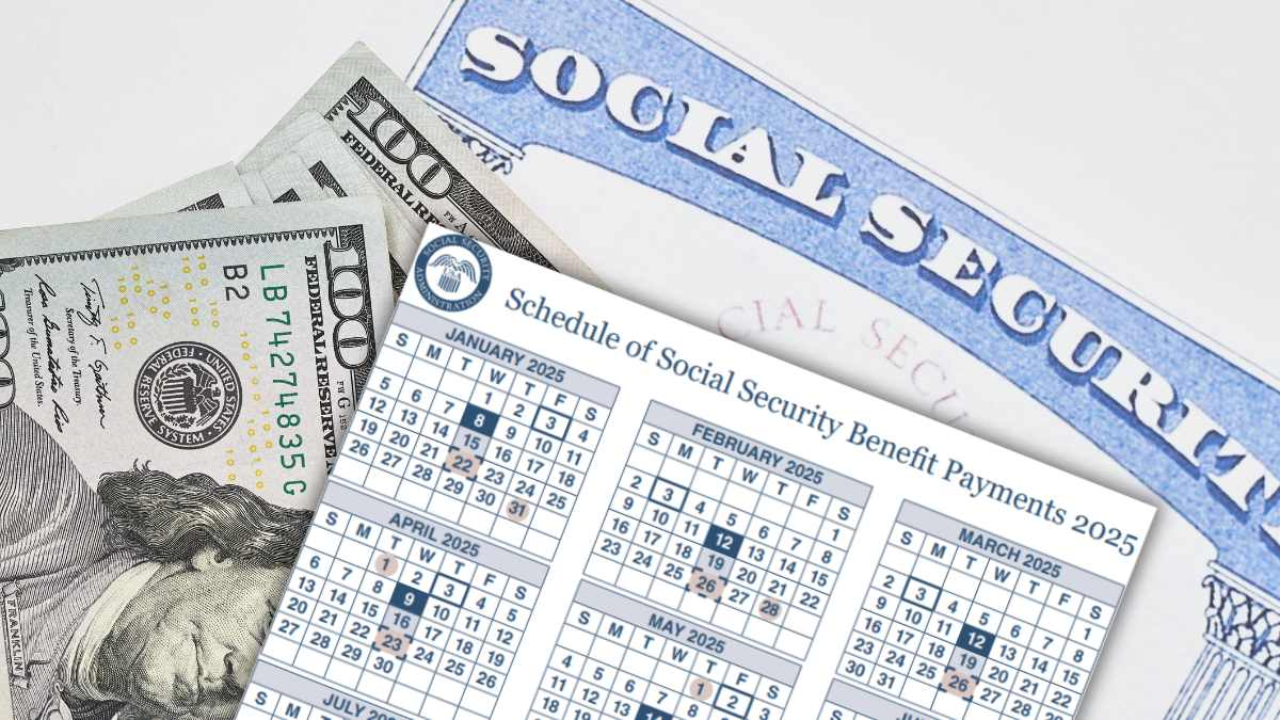Social Security is a vital part of life for millions of Americans. It provides monthly benefits to retired workers, disabled individuals, and survivors of deceased workers.
If you or your family relies on Social Security, staying updated about changes is very important. Recently, two important changes have happened that could affect your benefits or how you plan for retirement. In this article, we will explain these changes clearly and simply, so you know what to expect.
What Is Social Security, and Why Does It Matter?
Social Security is a government program designed to give financial support to eligible people. Most working Americans pay into Social Security through payroll taxes, and in return, they receive benefits when they retire or if they become disabled.
For many, Social Security is a major part of their retirement income. Changes to this program can have a big impact on financial planning, so it’s important to understand what is new.
Change 1: Social Security Cost of Living Adjustment (COLA) Increase for 2025
Each year, Social Security benefits are adjusted to keep up with inflation, called the Cost of Living Adjustment (COLA). This adjustment helps protect beneficiaries from losing purchasing power when prices go up.
For 2025, the Social Security Administration (SSA) announced a COLA increase of 3.2%. This means monthly payments will go up by this percentage starting January 2025.
Why does this matter? If you receive Social Security benefits, your monthly payment will be larger in 2025 to help cover rising costs like food, gas, and housing. This adjustment is based on changes in the Consumer Price Index (CPI), which measures how prices are changing in the economy.
How Big is the 3.2% Increase?
For example, if your current Social Security payment is $1,500 per month, with a 3.2% increase, your new monthly payment will be around $1,548. This might seem small, but it adds up over time, especially if you receive benefits for many years.
Remember, this increase is automatic for those already receiving Social Security. You don’t need to apply or do anything to get this raise.
Change 2: New Rules on Retirement Earnings Limit
If you decide to work while collecting Social Security retirement benefits before reaching your full retirement age, your benefits might be reduced if you earn too much money. This is called the Retirement Earnings Test.
Recently, the Social Security Administration updated the earnings limit for 2025:
- For people under full retirement age, the earnings limit will be $22,560 per year.
- For the year you reach full retirement age, the limit is $59,520, but only counting earnings before your birthday month.
What Does This Mean for You?
If you earn more than $22,560 before reaching full retirement age, $1 will be deducted from your Social Security benefits for every $2 you earn above the limit.
In the year you reach full retirement age, the penalty is $1 deducted for every $3 earned above $59,520 until your birthday month.
Why Do These Earnings Limits Matter?

Many retirees want to keep working part-time to earn extra money. But these new limits mean that if you earn too much, your Social Security benefits might be temporarily reduced.
Once you reach full retirement age, your benefits will no longer be reduced no matter how much you earn. Also, any benefits withheld because you earned too much will be added back later when you reach full retirement age.
How Do These Changes Affect You?
These two changes affect different groups:
- The COLA increase helps all current Social Security beneficiaries by raising their payments.
- The earnings limit change mainly affects those who are still working but also collecting Social Security early.
If you are close to retirement or already receiving benefits, it is smart to understand these changes to plan your finances better.
Tips to Keep in Mind About Social Security Benefits
- Plan When to Start Benefits: You can start Social Security as early as age 62, but the amount you get will be lower than if you wait until your full retirement age (usually between 66 and 67). Waiting longer increases your monthly benefit.
- Work Smart If You Are Retired but Still Working: Be aware of the earnings limits to avoid temporary reductions in your benefits.
- Stay Updated: Social Security rules can change. Keep an eye on official updates from the Social Security Administration.
- Use Online Tools: The SSA website offers calculators to help you estimate your benefits and understand how working affects them.
Where to Get More Information?
For the most accurate and official details, visit these trusted government websites:
These sites have useful tools and clear explanations to help you stay informed.
Final Thoughts
Social Security is a lifeline for many, and knowing about changes helps you make smart financial decisions. The recent 3.2% COLA increase will help protect your benefits against rising costs, while the new retirement earnings limits remind you to plan carefully if you work while receiving benefits.
If you’re unsure about how these changes affect your specific situation, it’s a good idea to talk to a financial advisor or contact the Social Security Administration for personalized advice.






